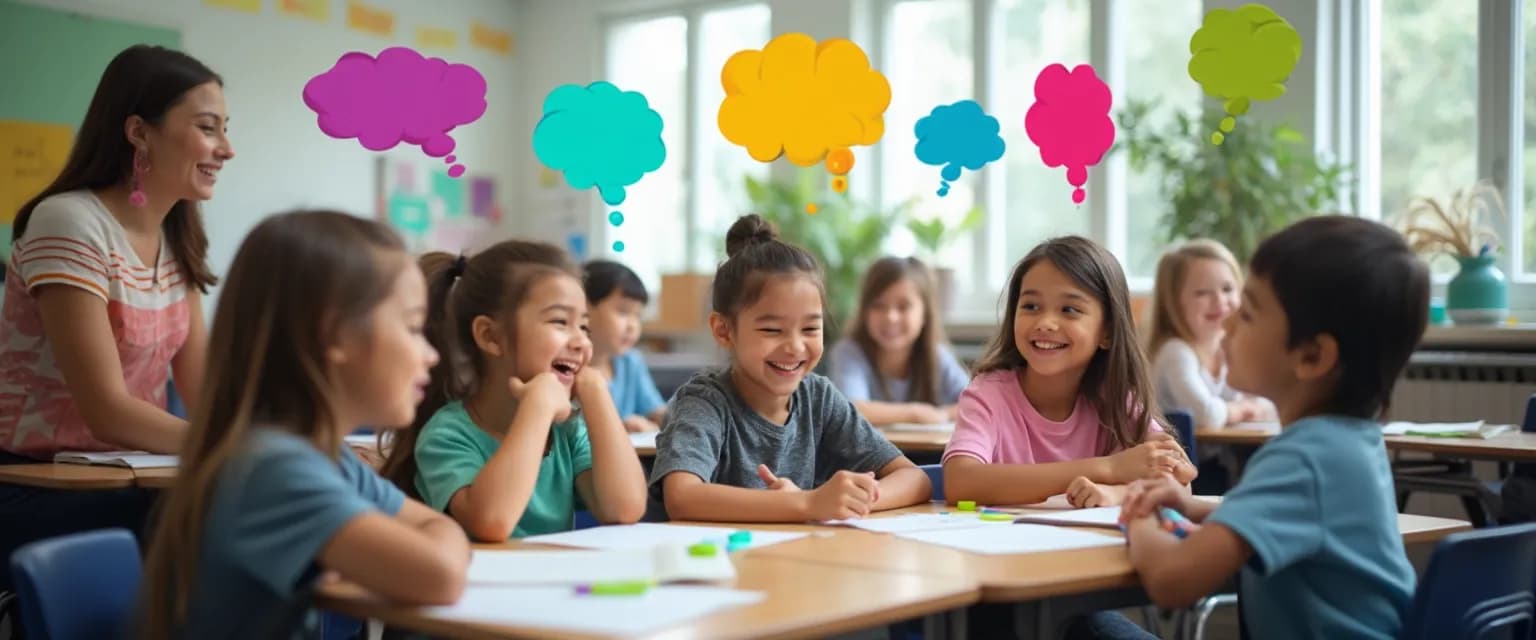7 Classroom Games for an Effective Self-Awareness Program for Students
Developing an effective self awareness program for students has become increasingly important as educators balance academic requirements with social-emotional learning needs. When students understand their emotions, strengths, and learning preferences, they're better equipped to navigate challenges both inside and outside the classroom. The best self awareness program for students integrates seamlessly into existing curriculum without disrupting the flow of instruction – a win-win for teachers and students alike.
Research consistently shows that students with higher emotional intelligence demonstrate improved academic performance, better peer relationships, and reduced behavioral issues. A well-designed self awareness program for students doesn't require extensive time commitments or specialized materials. Instead, these self-awareness building techniques can be incorporated into daily routines, transitions, and existing lesson structures.
The science is clear: when students develop greater self-awareness, they become more engaged learners. These seven classroom games provide an accessible framework for teachers looking to implement self awareness program for students strategies without sacrificing precious instructional time.
Quick-Start Self Awareness Program for Students: Games 1-3
The most effective self awareness program for students begins with simple activities that build foundational skills. These first three games require minimal preparation while delivering significant benefits:
1. Emotion Weather Report
This 60-second check-in builds emotional vocabulary through quick temperature-taking. Students identify their current emotional "weather" (sunny, cloudy, stormy) and optionally share why. This self awareness program for students activity works brilliantly at the beginning of class or during transitions between subjects.
2. Strength Spotting
In this brief partner activity, students take turns identifying one academic and one personal strength they observe in their classmate. This confidence-building exercise helps students recognize their unique abilities while practicing positive feedback – a cornerstone of any self awareness program for students.
3. Mindful Moment Transitions
Transform ordinary transitions into opportunities for mindfulness by incorporating 30-second awareness breaks. Students focus on their breathing, notice physical sensations, or practice quick grounding exercises. These moments integrate perfectly into existing classroom routines without requiring additional time.
These initial activities lay the groundwork for deeper self-awareness while fitting seamlessly into your existing curriculum structure.
Advanced Self Awareness Program for Students: Games 4-7
Once students master basic self-awareness skills, these more sophisticated activities deepen their understanding:
4. Perspective Circles
This quick debate format builds cognitive empathy by having students physically move to different parts of the room representing various viewpoints on curriculum-related topics. The activity helps students recognize how perspectives shape understanding – a crucial component of any self awareness program for students.
5. Learning Style Stations
Create brief stations that highlight different learning approaches (visual, auditory, kinesthetic). Students rotate through each station, reflecting on which approaches feel most natural for different types of content. This self-awareness helps students advocate for their learning needs.
6. Values Compass
During decision-making moments in class content, pause for a 60-second reflection on which values are guiding characters' or historical figures' choices. This decision-making awareness exercise naturally connects to curriculum while building self-understanding.
7. Feedback Loop
This structured communication exercise teaches students to give and receive specific, constructive feedback during group work. The format builds self-awareness through external perspectives while developing essential communication skills.
Implementing Your Self Awareness Program for Students Successfully
For maximum impact, integrate these self awareness program for students activities consistently rather than sporadically. Start with one game that aligns naturally with your current teaching style, then gradually incorporate others as they become routine.
Track progress by noting improvements in classroom climate, student engagement, and conflict resolution skills. Adapt activities for different grade levels by adjusting complexity and reflection depth. For younger students, focus on basic emotional vocabulary; for older learners, explore nuanced connections between thoughts, feelings, and behaviors.
The most successful self awareness program for students becomes part of classroom culture rather than an add-on. By weaving these activities into your existing curriculum, you'll develop emotionally intelligent students without sacrificing academic progress – creating learners who understand not just the world around them, but themselves as well.




